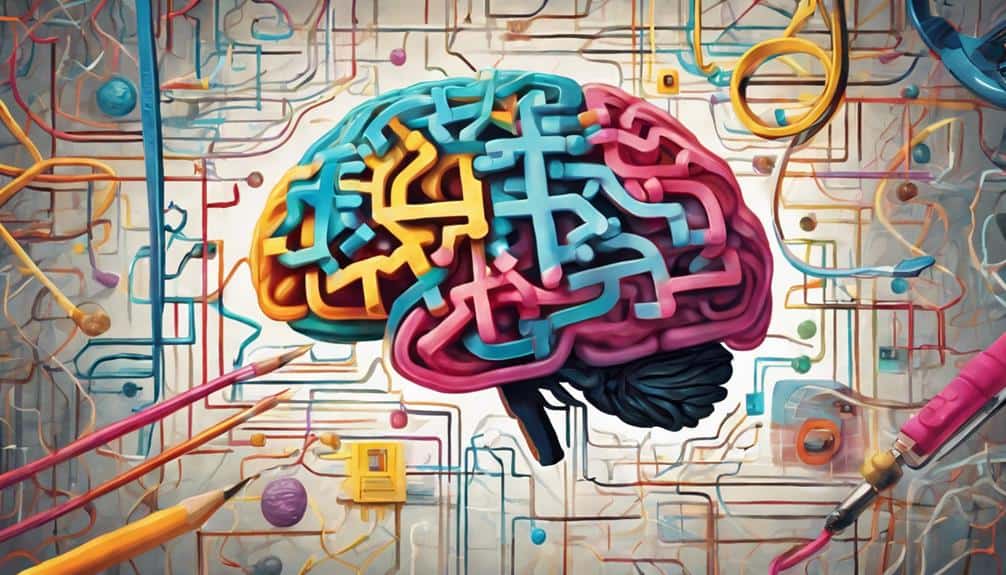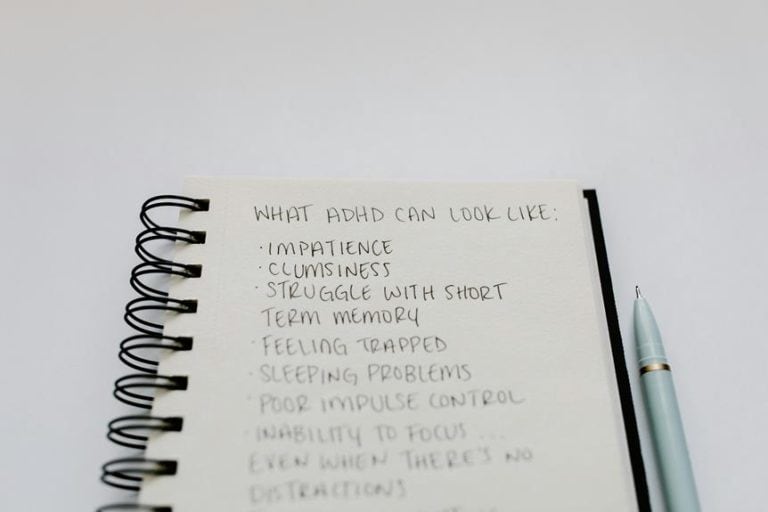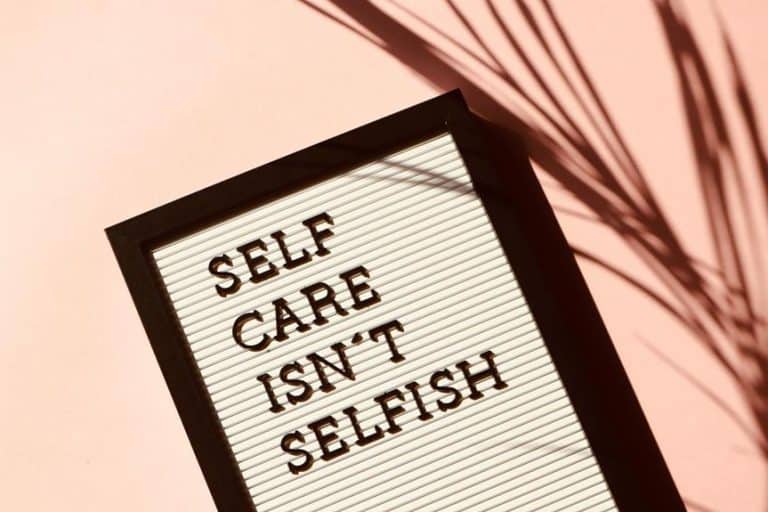Truth About Adhd
As I navigate the intricate web of information surrounding ADHD, I can't help but feel like I'm unraveling a mystery. The more I uncover, the more I realize there's a deeper truth that needs to be unearthed.
Join me as we peel back the layers of misconceptions and plunge into the complexities of this misunderstood disorder. Let's shed light on the reality of ADHD and explore how it truly impacts individuals in ways we may have never imagined.
Key Takeaways
- ADHD is not a gender-specific disorder; it affects both boys and girls equally.
- Girls with ADHD have historically been underdiagnosed and symptoms may be masked by intelligence.
- Effective coping strategies include structured routines, visual aids, exercise, and seeking professional support.
- ADHD is a real condition with biological roots, and proper diagnosis and tailored treatment are crucial for management.
Common Myths About ADHD

Contrary to popular belief, ADHD isn't solely a disorder that affects boys; girls and women can also exhibit symptoms of hyperactivity and inattention. Historically, ADHD in girls was underdiagnosed, leading to misconceptions that it primarily affected males. This misconception resulted in many girls with ADHD going unnoticed or undiagnosed. Intelligence and the support system around individuals can sometimes mask ADHD symptoms, making it harder to identify. Some girls and women with ADHD compensate by working longer hours to manage their symptoms, further concealing the disorder.
Moreover, it's important to understand that both boys and girls can suffer from ADHD and its subtypes, such as ADD. This dispels the gender-specific myths surrounding ADHD. By recognizing that ADHD can manifest differently in girls and women, we can work towards providing tailored support and interventions to help individuals manage their symptoms effectively. Addressing these misconceptions is crucial in ensuring that all individuals with ADHD receive the necessary care and support they need.
Impact of ADHD on Daily Life

Girls and women with ADHD may face unique challenges in managing daily life due to the impact of the disorder on focus, organization, and time management skills. ADHD greatly affects executive functions, leading to difficulties in maintaining attention, staying organized, and managing time effectively. Individuals with ADHD may excel in certain tasks but struggle with others due to these executive functioning deficits.
The disorder also impairs social skills, as impulsivity and inattention can hinder positive social interactions and friendships. Executive dysfunction in ADHD not only affects focus but also important skills like goal accomplishment and task initiation in daily activities. The impact of ADHD on daily life extends beyond just inattention and impulsivity, influencing various executive functions necessary for completing daily tasks efficiently.
Coping Strategies for ADHD

Implementing effective coping strategies is essential for individuals with ADHD to navigate daily challenges and improve overall functioning. Creating a structured routine can help manage time effectively, reducing feelings of being overwhelmed.
Visual aids such as calendars and to-do lists aid in organization and task completion by breaking down activities into manageable steps. Regular exercise is beneficial in reducing ADHD symptoms and enhancing focus and attention.
Seeking support from therapists, ADHD coaches, or support groups can provide valuable strategies and coping mechanisms for managing the difficulties associated with ADHD. These professionals can offer guidance on time management techniques and help individuals develop skills to better cope with ADHD symptoms.
Real Stories of Living With ADHD

Living with ADHD presents a unique set of challenges that individuals navigate daily with varying degrees of success and resilience. As a child, receiving an ADHD diagnosis was a relief for my family, as it explained the difficulties I faced in school and social settings.
Contrary to ADHD myths, it's not just about being hyperactive; the struggles with focus and organization are very real. Getting an accurate ADHD assessment and starting treatment for ADHD, including medication and therapy, made a significant difference in my life. However, the journey hasn't been easy. The emotional dysregulation and impulsivity have strained relationships, and societal misconceptions about ADHD have led to feelings of frustration and low self-esteem.
Despite these challenges, I've learned to leverage my creativity, hyperfocus, and unique perspective to find success in my endeavors. Living with ADHD affects every aspect of life, but with the right support and tools, it's possible to thrive.
Dispelling Misconceptions About ADHD

Dispelling common misconceptions about ADHD requires a nuanced understanding of the disorder's biological underpinnings and the evidence-based treatments available.
ADHD is a legitimate medical disorder with biological roots, not a result of poor parenting or lack of discipline. Misconceptions about ADHD, such as attributing it to food additives, screen time, or sugar intake, can hinder proper diagnosis and treatment.
Stimulant medications for ADHD have a long history of research and proven effectiveness in managing symptoms. The debate around overdiagnosis and misuse of stimulant medications underscores the importance of ensuring individuals receive the proper diagnosis and treatment tailored to their specific needs.
Frequently Asked Questions
What Is the Main Controversy Behind Adhd?
The main controversy behind ADHD involves debates on overdiagnosis, medication misuse, and stigma. Some question ADHD as a standalone disorder, while concerns about long-term effects persist. Issues with pharmaceutical influence also fuel the controversy.
Is ADHD a Real Problem or Not?
ADHD is a real problem with neurological differences and genetic predisposition. Overdiagnosed epidemic and pharmaceutical influence raise concerns. Behavioral therapy, alternative treatments, and adult diagnosis are essential. Stigma persists, impacting school systems and individuals globally.
Are ADHD People Happier?
I find that individuals with ADHD can experience varying levels of happiness. Effective coping mechanisms, treatment options, and supportive networks play vital roles in enhancing emotional regulation, social connections, and overall well-being for those dealing with ADHD.
Can I Ever Live a Normal Life With Adhd?
I can live a fulfilling life with ADHD through effective strategies like managing emotions, improving time management, honing social skills, excelling at work, nurturing relationships, prioritizing self-care, developing coping mechanisms, fostering personal growth, mastering stress, and achieving career success.
Conclusion
To sum up, ADHD isn't just a myth or a lack of effort. It's a real and complex biological disorder that affects individuals in various ways. As someone who's lived with ADHD, I can attest to its challenges and the importance of understanding its true nature.
Let's not judge or make assumptions, but instead, let's educate ourselves and support those who are managing the world with ADHD. Together, we can dispel misconceptions and foster a more inclusive society.







